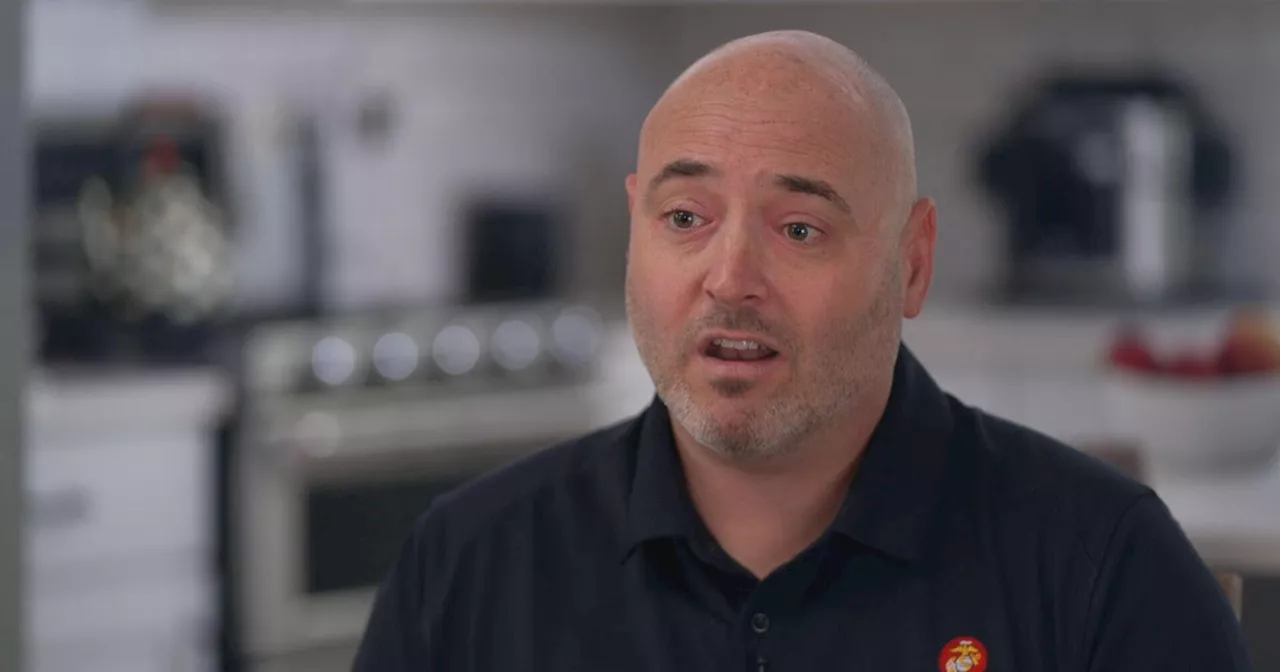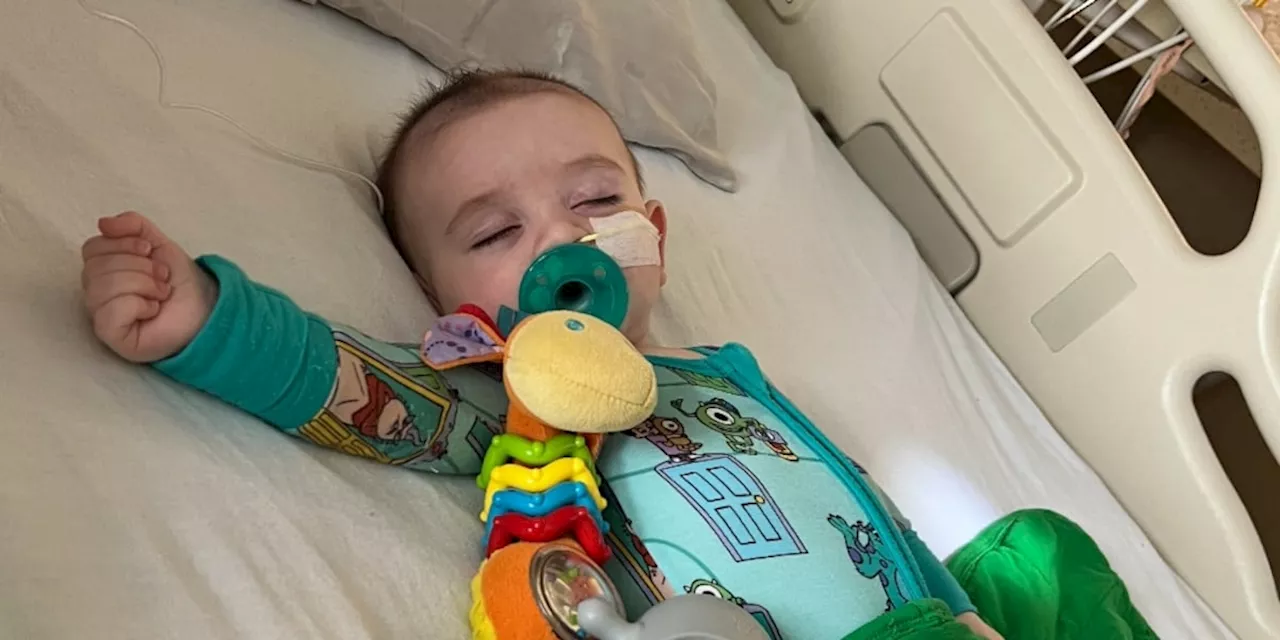Public health leaders gathered in Washington, D.C. this week to defend their vision for the nation’s health and strategize on rebuilding after significant challenges faced during the Trump administration. The annual meeting of the American Public Health Association (APHA), attended by over 11,000 public health professionals, provided a platform to address the escalating influence of the Make America Healthy Again (MAHA) movement, led by health secretary Robert F. Kennedy Jr..
Dr. Georges Benjamin, who has guided the APHA for nearly 25 years, articulated the unique crisis confronting public health today. “I think public health is under attack by our own federal government more than anything else,” he stated, emphasizing the severe cuts to staffing and funding that have impacted health systems across the country. The MAHA movement, which promotes a perspective he describes as “corrupt,” seeks to shift the focus from systemic solutions to individual medical choices, raising concerns among traditional public health advocates.
MAHA’s approach highlights chronic disease management and champions individual freedom in health decisions, often presenting solutions that lack a strong evidence base, according to public health experts. In contrast, traditional public health has a long-standing emphasis on systemic interventions that have historically proven effective in preventing both infectious and chronic diseases.
APHA’s Mission: Defending Public Health Integrity
The APHA’s annual meeting, occurring in Washington, D.C. for the first time in over a decade, adopted a resolute stance. Attendees participated in sessions such as “Defending Science as a Higher National Value” and “Attacks on Science and the Public’s Health,” culminating in a “Rally for the Public’s Health” on the National Mall. The event served not only as a forum for discussion but also as a call to action against political interference in public health.
Benjamin elaborated on the broader implications of the current administration’s policies, which he argues threaten the foundational structures of healthcare financing and insurance in the United States. He voiced concerns that these changes are undermining the access to quality medical care for many Americans. “The question is, three-and-a-half years from now, when the next administration comes in, how do we fix it?” he asked, suggesting that the current turmoil could create opportunities to reshape a more effective health system.
Mark Gorton, co-founder of the MAHA Institute, emphasized the necessity of reforming public health by prioritizing transparency and truth. Gorton, who has no formal medical training, believes the public health system has strayed from its core mission. “The fact that you have a government which thinks that it knows better than people themselves how best to take care of themselves is quite simply, I think, perverse,” he stated.
Bridging the Gap: Finding Common Ground
Public health leaders recognize the criticisms from the MAHA movement and are actively seeking common ground. Dr. Carmen Nevarez, a long-time public health advocate, noted that the emergence of MAHA reflects genuine public sentiment. “It comes out of people’s lived realities, and circumstances where they felt that something was not addressed correctly,” she explained.
The skyrocketing costs of healthcare and the isolating experiences during the COVID pandemic have contributed to the appeal of MAHA’s messaging. Sarah Story, executive director of the Jefferson County, Colorado Health Department, highlighted the engaging nature of MAHA influencers, who often present a more relatable image compared to traditional public health messaging. “MAHA Moms are great at making life look effortless… and they’re successful at getting their message across because they’ve tapped into something that is true and valid,” she said.
While both movements aim for optimal health for all, key differences remain, particularly regarding the evidence-based nature of public health initiatives. Benjamin pointed out that public health measures have historically saved millions of lives through improved sanitation, vaccination, and discouraging unhealthy behaviors.
The APHA conference concluded with a unified call for public health leaders to advocate for their vision of health and well-being for all Americans. As discussions continue, the future of public health hangs in the balance, with leaders committed to ensuring that evidence-based practices remain at the forefront of health policy.







